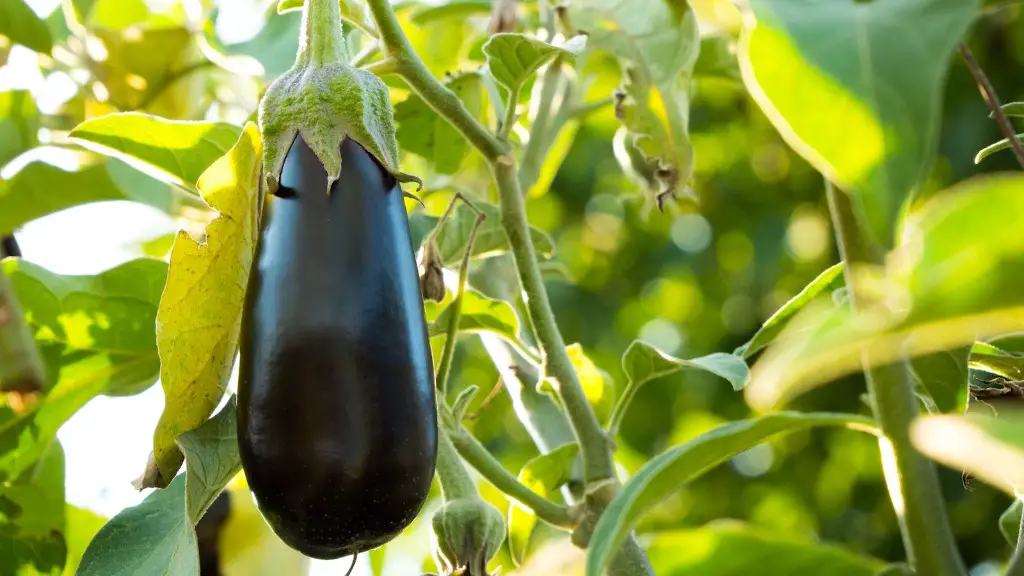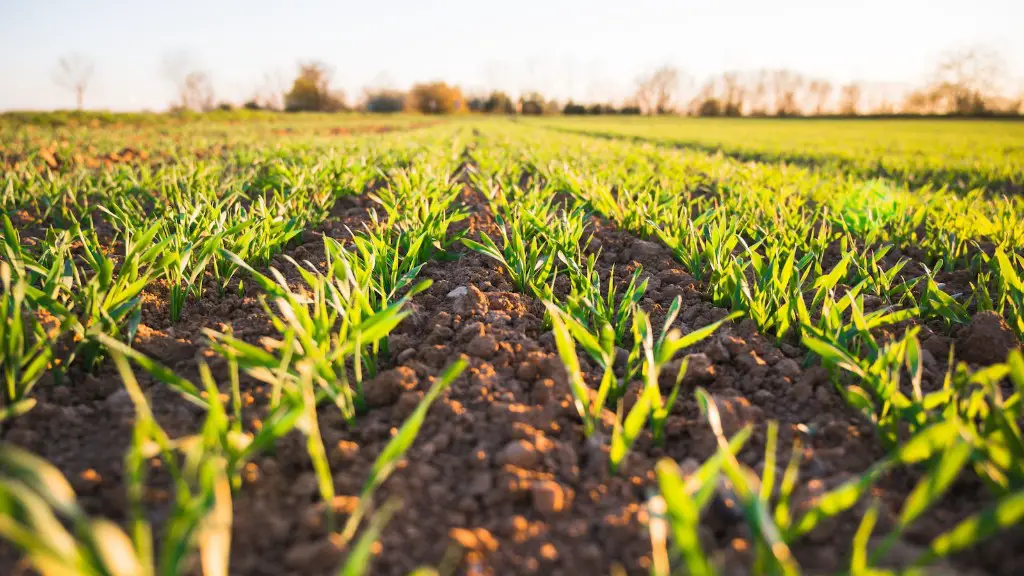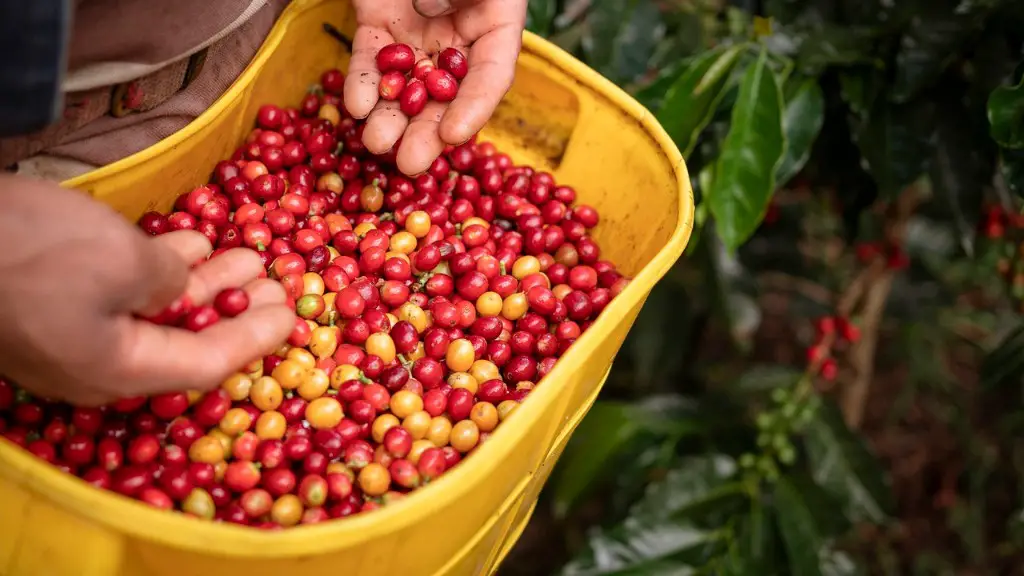It’s no secret that Agricultural businesses can be extremely costly. In fact, the IRS recognizes this and offers a number of tax breaks for farmers and other food-related businesses. However, in order to take advantage of these breaks, you must know how to claim them. This can be a complicated process, but we’re here to help. Read on to learn more about how to claim agriculture on your taxes.
To claim agriculture on taxes, you will need to provide proof of your agricultural activity, such as receipts for farm supplies or income from the sale of farm products. You may also need to fill out a special form from the IRS.
What qualifies as a farm for IRS?
A farm is a piece of land where crops and animals are raised for human use. The word “farm” comes from the Old English word “fearm”, which means “land” or “place”. A farm includes livestock, dairy, poultry, fish, fruit, and truck farms. It also includes plantations, ranches, ranges, and orchards.
A farmer needs to show a profit 3 out of 5 years, even if the profits are not large, in order to be considered a for-profit business by the IRS. Always showing a loss on your Schedule F can alert the IRS that the operation may be a hobby and not a for-profit business. You can expect future profits in your farming activities.
How many acres do you need for ag exemption in oklahoma
To be considered eligible for the Exemption Permit, you must farm a minimum of 10 acres. If the land is being actively farmed, there is no restriction on the number of acres that you are farming. The Agricultural Exemption Permits are good for three (3) years from the date of issue.
Farmers in the United States are able to deduct a wide variety of expenses related to their farming activities. Some of the more common deductions include the cost of livestock and feed, seeds, fertilizer, wages paid to employees, interest paid on farm-related loans, depreciation, utilities and insurance premiums. These deductions can help farmers save significant amounts of money on their taxes each year.
What is the 5 year loss rule farmers?
Farming has always been a risky business, and the five-year rule is a way of ensuring that farmers are able to stay in business despite occasional bad years. This rule is based on the idea that a farmer should be able to make a profit every six years, on average. In other words, there can be five years of losses, but the farmer must make a profit in the sixth year. This rule is not always easy to follow, but it is a good way to make sure that farmers are able to stay in business and continue to provide food for the world.
The IRS generally considers an activity to be a trade or business, as opposed to a hobby, if it is conducted with the intention of earning a profit. Profit is defined as income (receipts) exceeding expenses, where expenses include the depreciation of capital assets.
Can I deduct farm expenses with no income?
The IRS considers a farm to be a non-deductible hobby if it doesn’t produce a profit for three out of five years. This is because the IRS wants to make sure that people are actually making a profit from their farming activities, and not just using it as a personal hobby. If a farm does not make a profit for three out of five years, the IRS will likely deny any deductions for that farm.
The IRS does allow you to deduct farm-related expenses on your taxes, even if they exceed your farm income. So, if your farm operates at a loss, that loss can be used to offset your tax burden on your overall income. This is a great way to save money on your taxes, especially if you have a lot of expenses related to running your small farm.
How much of a farm loss is tax deductible
Farm losses are limited to the total deductions attributable to the taxpayer’s farming businesses minus the sum of: the total gross income or gain attributable to the farming businesses for the tax year; and the greater of $300,000 ($150,000 for married individuals filing separately), or 2% of the adjusted gross income of the taxpayer.
A farm is a business that is engaged in the cultivation, operating or managing of land for profit. A farm includes livestock, dairy, poultry, fish, vegetables and fruit.
How do I get a farm tax exemption in Oklahoma?
The Oklahoma Tax Commission offers Agricultural Sales Tax Exemption Permits, which exempt agricultural products from state sales tax. Applications for these permits are available on the Commission’s website. We have provided detailed instructions to assist you in the application process.
Farm trucks are agricultural vehicles that are used for transportation purposes. They are typically used to transport goods and materials between farms and other agricultural locations. Farm trucks come in a variety of sizes and designs, and they can be equipped with a variety of features depending on their intended use.
How do I write off my farm
If you are a farmer, you will need to use Schedule F (Form 1040) to report your farm income and expenses. This form should be filed with your Form 1040, 1040-SR, 1040-NR, 1041, or 1065. Your farming activity may also subject you to state and local taxes and other requirements, such as business licenses and fees. Therefore, it is important to check with your state and local governments for more information.
Loss relief is available for farms that make losses for a number of years in succession. However, this relief is only available for the first three years. Special rules extend this period in the case where a farmer commences his/ her trade. There is no loss relief available for hobby farming.
Can you claim chickens on your taxes?
The chicken tax law is a law that specifies that if you inherit chickens from someone, your cost basis for those chickens is what they were worth when you inherited them. This means that you cannot claim a lower cost basis for the chickens simply because the person you inherited them from paid less for them.
If your goal is to minimize capital gains taxes, it may be beneficial to harvest losses once a year. This will help to balance any losses against gains. For example, if you realized $2,500 in cumulative short-term capital gains during the year, and harvested $1,000 in losses, you would only be taxed on $1,500 in gains.
Conclusion
If you’re a farmer or rancher, you probably already know that you can deduct many of your expenses related to your livelihood. But did you know that you can also claim a special tax deduction for your agricultural operations?
To claim this deduction, you must first file a Schedule F with your tax return. This form is used to report your income and expenses from farming or ranching. Once you’ve completed your Schedule F, you can then claim your deduction by filling out Form 4562.
On Form 4562, you’ll need to provide information about your agriculture operation, including the type of farming or ranching you do and the expenses you incurred. Be sure to keep good records of your expenses throughout the year, as you’ll need to provide details on Form 4562.
If you have any questions about claiming this deduction, be sure to speak with a tax professional.
The claiming of agriculture on taxes can be a very beneficial way to keep more money in the farm business. By knowing the right paperwork and processes to file, farmers can take advantage of deductions and other benefits to save money. While it may take some time and effort to complete the necessary documentation, the potential savings can be well worth it.





